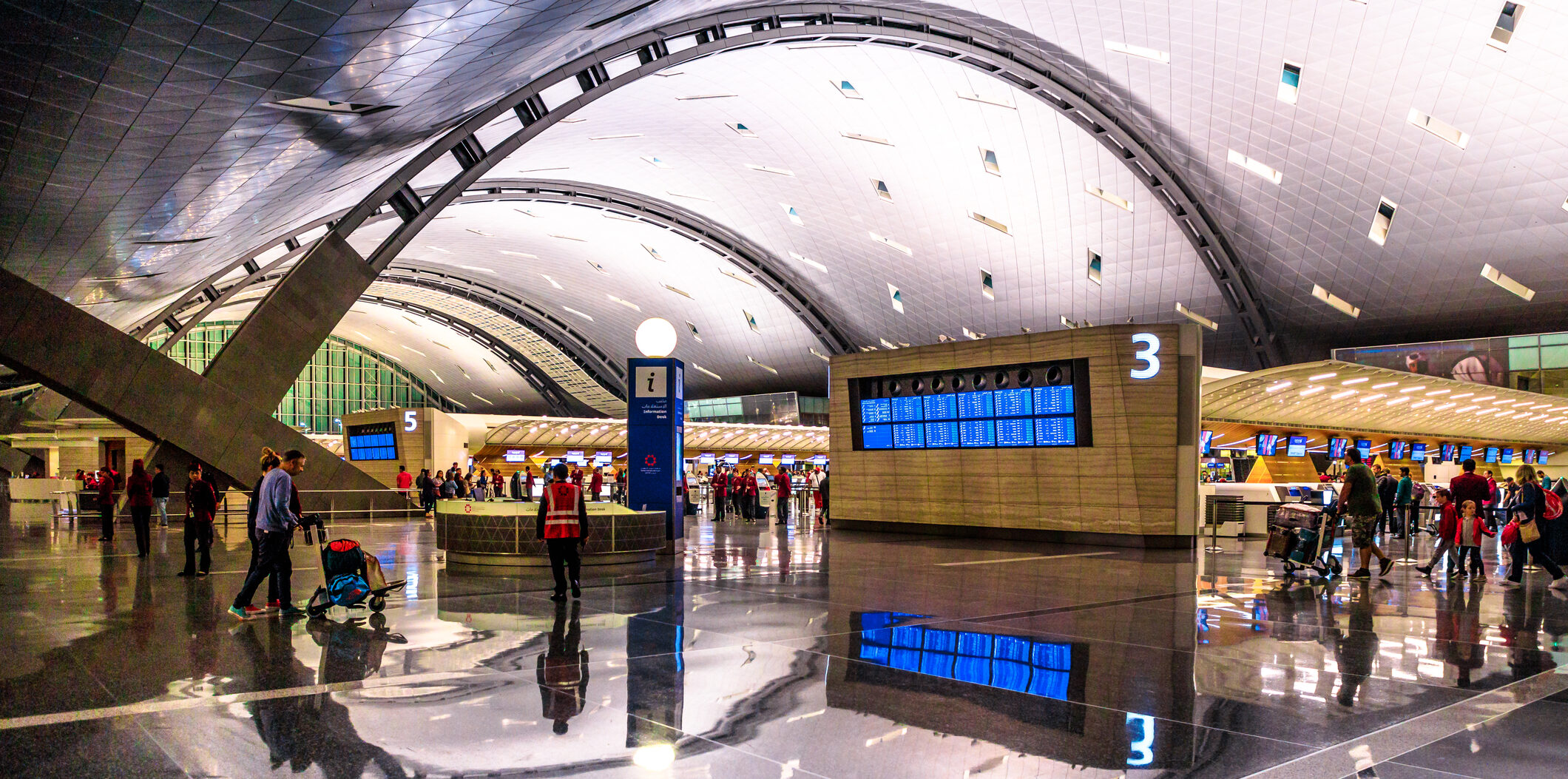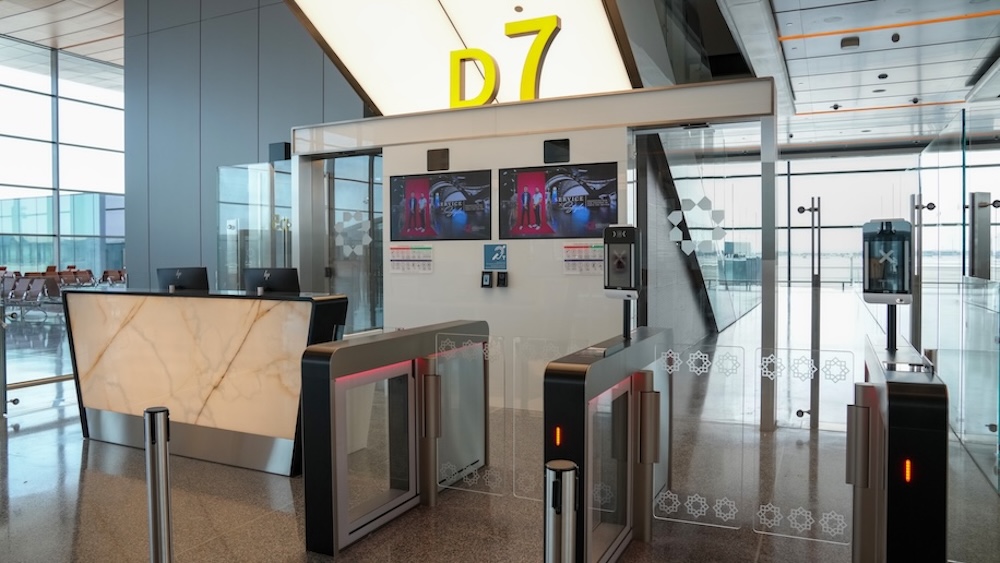.jpg)
As Eid al-Fitr approaches, travelers are gearing up for their holidays, and Hamad International Airport (HIA) is fully prepared to ensure a seamless travel experience for all passengers. With an expected increase in travel traffic during this period, HIA has released a set of valuable tips to help travelers navigate the airport efficiently.
Whether you're departing or arriving, these tips will guide you through every step of your journey, from check-in to boarding, and beyond.
Early Check-In and Arrival

Online Check-In: Save time by checking in online and arriving at the airport at least three hours before your flight. Check with your airline for online check-in options to streamline your journey. This not only reduces waiting times but also allows you to select your preferred seat and print or download your boarding pass.
-
Qatar Airways Early Check-In: Economy passengers can check in from 12 to four hours before departure until April 5, excluding US and Canada flights. Using this service earns a 10% discount at Qatar Duty Free stores, making it a great way to start your shopping spree early.
Self-Service Facilities
-
Self-Check-In & Bag-Drop: Utilize self-service kiosks to check in, print boarding passes, and tag your bags. Drop them off at the bag-drop counters before proceeding to border control. These kiosks are designed to be user-friendly and can significantly reduce your check-in time.
-
E-Gates: Citizens and residents above 18 years old and taller than 130cm can expedite the immigration process using e-gates (restrictions apply). This service is quick and efficient, allowing you to breeze through immigration and head straight to your gate or explore the airport's amenities.
Baggage Guidelines
-
Airlines' Baggage Policies: Check with your airline for specific baggage allowances and weight restrictions. Non-standard or oversized luggage is discouraged, as it may incur additional fees or be subject to special handling procedures.
-
Baggage Repack Area: A baggage repack area with luggage weighing machines is available in the departure hall to assist passengers. This is particularly useful if you need to redistribute items to meet weight limits or if you have items that require special packaging.

Parking and Transportation
-
Dedicated Parking: Use the dedicated parking facilities for quick drop-offs, pick-ups, and short stays. Avoid leaving vehicles unattended at the curbside, as this can lead to fines or towing. The parking facilities are designed for convenience and offer easy access to the terminal.
-
Valet Parking: Available at Departures for ultimate convenience. This service allows you to drop off your vehicle with the valet team, saving you time and hassle.
-
Car Rental and Limousine Services: Located close to the arrival hall, these services provide a seamless transition from the airport to your destination. Whether you prefer the independence of driving yourself or the luxury of a chauffeur-driven ride, there are options available to suit your needs.
Security and Prohibited Items
-
Prohibited Items: Ensure no prohibited items like liquids, aerosols, and gels are in your carry-on. Pack liquids in 100ml containers within a clear, resealable bag. This is a standard security requirement to ensure safety on flights.
-
Electronic Devices: Remove electronic devices larger than a mobile phone for X-ray screening. This includes laptops, tablets, and any other devices that need to be screened separately.
-
Lithium Battery-Powered Devices: Small vehicles powered by lithium batteries, such as hoverboards, are not allowed. Always check the latest guidelines on restricted items before packing.
Navigation and Offers
-
HIAQatar App: Download the app for real-time updates on flight status, baggage claim, and directions to boarding gates. Enjoy food, beverage, and retail offers from Qatar Duty Free. The app is a valuable resource for navigating the airport and staying informed about your flight.
-
Digital Wayfinding: Use QR codes at various digital touchpoints for easy navigation around the terminal. These codes provide quick access to maps, directions, and other essential information, ensuring you never get lost.

Additional Tips
-
Plan Ahead: Consider booking flights early to secure better rates and availability. Early booking can also give you more options for seat selection and travel dates.
-
Privilege Club Benefits: If you're a Privilege Club member, you can enjoy additional perks like priority check-in and lounge access. These benefits can enhance your travel experience and provide a more comfortable journey.
Traveling during Eid al-Fitr can be a wonderful experience, especially when you're well-prepared. By following these tips from Hamad International Airport, you can ensure a smooth and enjoyable journey. From early check-in to navigating the airport's facilities, every step is designed to make your travel experience seamless and stress-free. Whether you're heading home or embarking on a new adventure, HIA is ready to welcome you with its world-class amenities and services. Safe travels!































.jpg)










.jpg)


.jpg)

.jpg)





.jpg)
